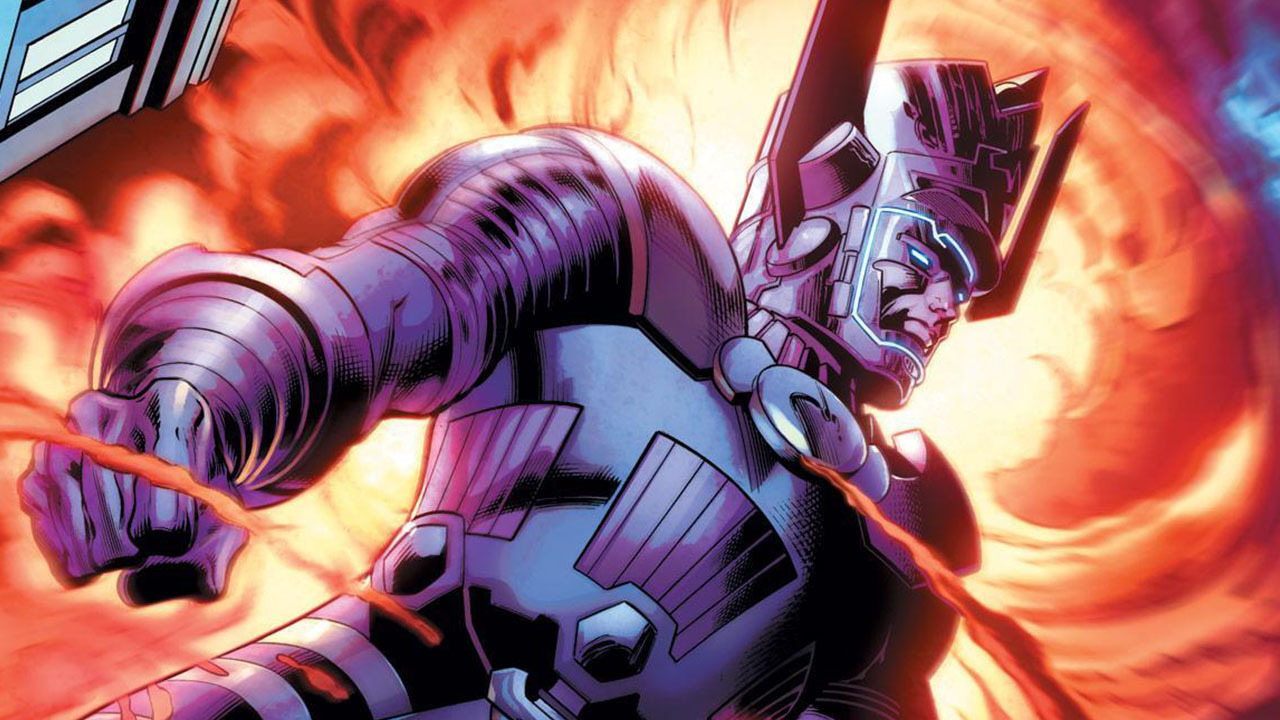In case the pilot of Lost or Robert Zemeckis's Cast Away hadn't already ruined air travel for you, Zemeckis's new film Flight will probably do it. The movie, which is largely a slow-paced drama about a man overcoming his personal demons, opens with a phenomenally visceral and intense plane crash scene, one promoted heavily in the film's trailers but still visceral and intense when seen in full. Our hero is Whip Whitaker (Denzel Washington), and he wakes up the morning of the fateful flight in pretty bad shape, fighting a hangover with more booze and a few lines of cocaine, and napping in the cockpit when the plane mysteriously enters a free fall, with most of the equipment failing as they careen closer and closer to the ground.
Whip's miraculous rescue of the flight is gripping and incredible to watch, and when he wakes up in intensive care, nobody disagrees with Whip when he insists he's the only person who could have landed that plane with only six casualties. But as the media zeroes in on this fantastic story, and the pilot's union is forced to step in and defend Whip from criminal charges related to the six deaths on board, it's clear that he can't keep his addiction and demons a secret, especially to the handful of people he allows himself to get close to.
The nerve-jangling plane crash that opens Flight gets the audience's attention in a way that a more traditional beginning might not have, and watching Whip's incredible calm under pressure gives us reason to root for him through his fight against addiction-- he's no ordinary man, and this is no ordinary story of a man and his demons. It helps, of course, that Whip is played by Denzel Washington as charismatic but mercurial, exuding unearned confidence and sometimes barely hiding a temper. When he starts a relationship with a recovering heroin addict (Kelly Reilly), we root for his redemption while also worrying for her safety. When he confronts his former co-pilot (Brian Geraghty) in the hospital, we know Whip's bullying him while also knowing his version of the story-- that no one else could have landed the plane-- is true.
John Goodman has a showy but tiny supporting role as Whip's energetic coke-dealing friend, but the real heavy lifting is done by Bruce Greenwood as Whip's pilot pal and Don Cheadle as the attack-dog lawyer hired by the pilot's union to keep Whip out of trouble. Greenwood is perfectly as the earthy, well-meaning friend, and he's the only actor to nail his Atlantan accent, while Cheadle is more easily frustrated by Whip's excuses, and explodes at him in one memorable scene. The three are so good together that less rewarding subplots-- like Whip's estranged wife and son, or even his romance with Reilly's Nicole, which hits a mysterious dead end-- should have been trimmed. It would at least help with Flight's bloated two-and-a-half-hour runtime, inexcusable for a film that's essentially a character study based around a great performance and minimal plot.
Though slicker than it probably should be given the prickly subject matter, and given too often to overt sentimentality (Alan Silvestri's score is a big culprit) and emphasizing its most obvious points, Flight is a nicely restrained drama for grown-ups--until it throws it all away in the unbearable final five minutes. John Gatins's platitude-riddled script is elevated by Washington for the most part, but even he can't save the ending, where all of Whip's subtle flaws and defensiveness crumble into a tidy ending straight from every other recovery saga. Flight is a messy return to live-action filmmaking for Zemeckis, but its strongest scenes-- and especially that plane crash-- are reason enough to be glad he's back.
(This is an altered version of the review that was published here during the New York Film Festival.)
Staff Writer at CinemaBlend












